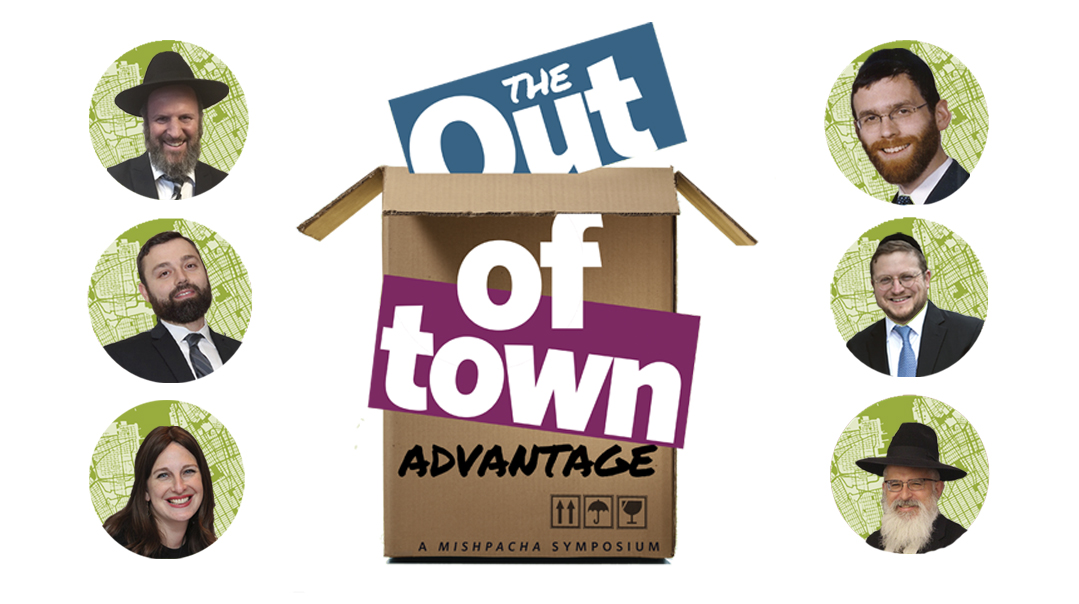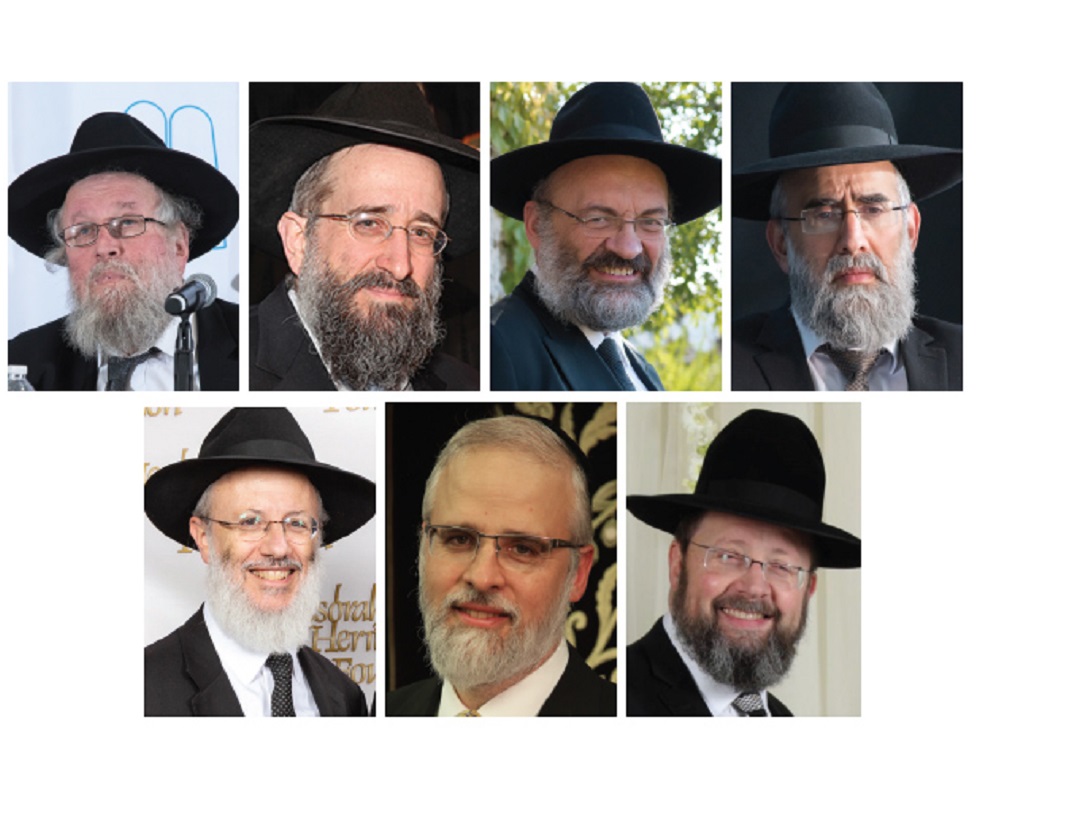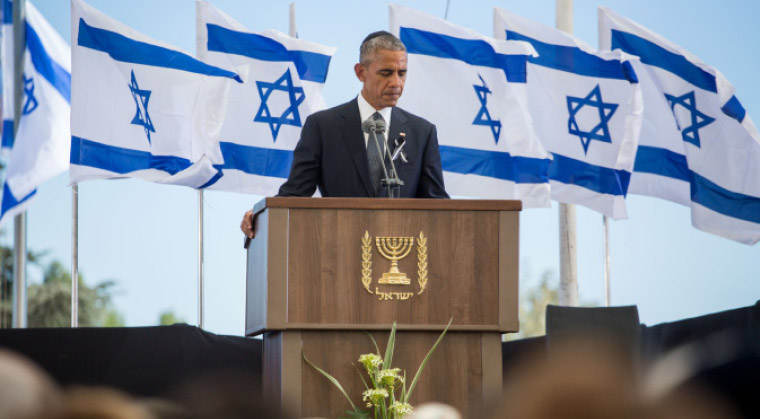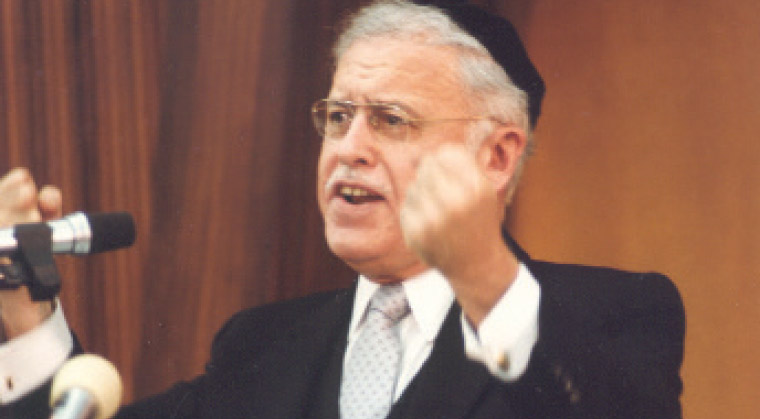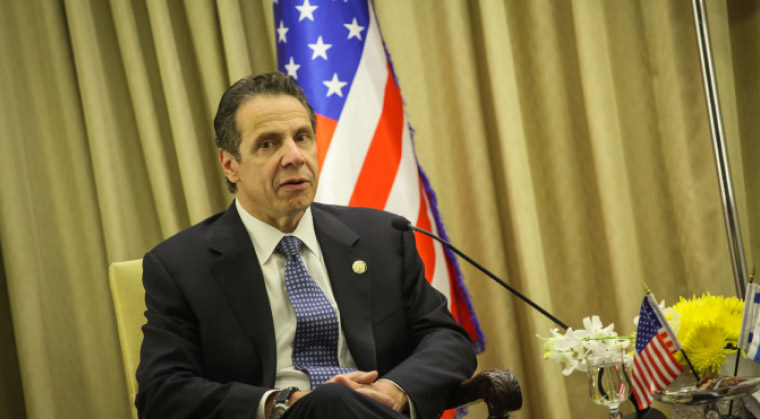In Our Political Times: In the Political Game
| March 28, 2018Reexamining our allegiances, involvement, and expectations in a turbulent political landscape
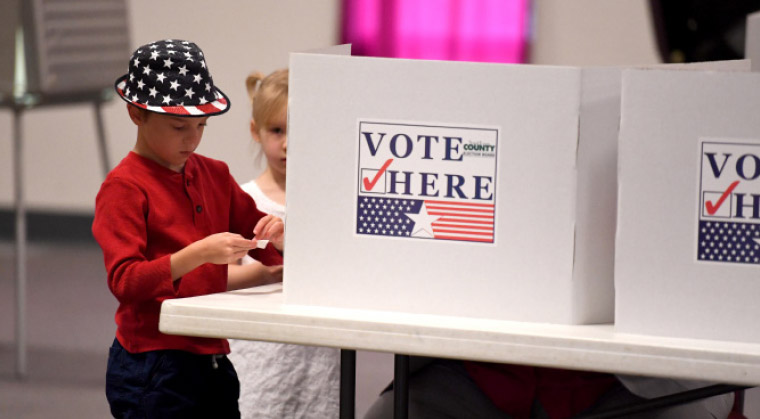
M
orality and politics are not synonymous.
What occurs in the “room,” that place where political consultants meet with candidates and other advisors, is a place of secrets, of action, of duplicity, and often just plain lies. We may tell ourselves otherwise, but the greatest falsehood of all is to suggest that the desire for power contains a higher moral calling.
In political life, a successful campaign requires imagination, deliberation, and focused action. The reality? Power has no soul, despite what those who win suggest.
Then how is it possible for an observant Jew to work in such an environment, one that our Sages have advised us to avoid? At the same time, how do we reconcile it with a second teaching of the Sages, that we must pray for the government to succeed and for the resulting betterment of the Jewish community?
It’s not easy.
What about after the elections? Should a consultant feel a sense of responsibility for what his one-time candidate does in office? I think not. The candidate is different than the office holder. The victor is not the person we met, the leader we wanted to help, the leader who perhaps even inspired us. Machiavelli probably said it best when he wrote that the king who rises to his throne resents those who brought him there. Our jobs are not to govern. Our jobs are to create and manage propaganda for those who seek office. There is a big difference. A victor generally doesn’t want to see you after the election. Responsibility for the consultant stops at the campaign finish line.
Still, there are politicians who can be effective role models, especially those who understand that democratic institutions must coexist with religious ones in order to protect our ability to live as we see fit.
When we attempt to impose our values on others, we forget our role as political professionals; instead we reduce the value of religion in public life. Morality cannot be taught through intimidation. Rather it must be taught by example. Kindness and integrity — those are the values that make democratic societies great.
When we cross the line and impose our values on others, we harm those who might seek to come close to G-d. And that is likely the most immoral act of all in public life. Lead by example. Put on your tefillin in public and they will come. Try to force them on a stranger’s head and he will run.
Originally featured in Mishpacha, Issue 704. Hank Sheinkopf, award winning communications strategist, has worked on 700 political campaigns in 44 American states and 16 non-US locales internationally. An ordained Orthodox rabbi, Sheinkopf, who holds a PhD in political science, has been a news network commentator and the subject of profiles in major publications.
Oops! We could not locate your form.







